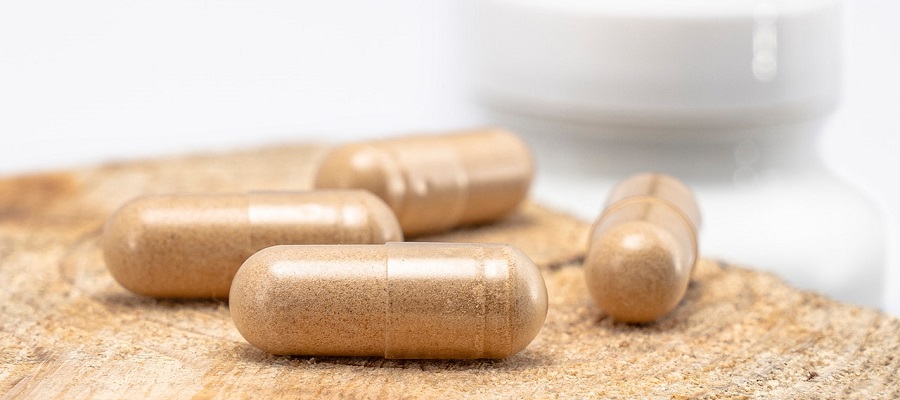Zinc is a chemical element with the symbol Zn and atomic number 30. It is a lustrous, bluish-white metal that is found in the earth's crust and is used in a variety of applications. Zinc is a transition metal, which means that it is located in the middle of the periodic table of elements and exhibits properties of both metals and nonmetals. It is a good conductor of electricity and is resistant to corrosion.
Zinc is used in a wide range of products, including automobiles, appliances, construction materials, and personal care products. It is also used as a dietary supplement and is an essential trace element for many living organisms. Some common compounds that contain zinc include zinc oxide, which is used as a sunblock and as an ingredient in some paints and rubber products, and zinc sulfide, which is used in luminous paints and fluorescent lights.
Zinc is also used in the production of brass, which is an alloy of zinc and copper, and in the production of galvanized steel, which is steel that has been coated with a layer of zinc to protect it from corrosion.
Why your body needs zinc
Zinc is an essential trace element that is required in small amounts for the proper function of the human body. It plays a vital role in many physiological processes, including immune system function, wound healing, taste and smell, and DNA synthesis.
Zinc is involved in the metabolism of carbohydrates, proteins, and fats, and it helps to maintain the structure and function of cell membranes. It also plays a role in the production of hormones, enzymes, and other proteins that are important for maintaining good health.
Zinc is needed for the proper development and function of the immune system, and it helps to protect against infections by supporting the production of white blood cells and the activity of T-cells. It also plays a role in wound healing by helping to maintain the integrity of the skin and other tissues.
Zinc is found in a variety of foods, including seafood, meat, poultry, whole grains, nuts, and legumes. It is also available as a dietary supplement in the form of tablets, capsules, or lozenges. Most people get enough zinc from their diet, but some groups, such as vegetarians, older adults, and pregnant or nursing women, may be at risk of zinc deficiency.
How much zinc does the human body need?
The recommended daily intake of zinc varies depending on a person's age and sex. According to the National Institutes of Health (NIH), the recommended daily intake of zinc for adults is 8 milligrams (mg) for women and 11 mg for men. Pregnant women and nursing mothers have slightly higher requirements.
Here are the recommended daily intake levels for zinc for different age groups, according to the NIH:
- Infants 0-6 months: 2 mg
- Infants 7-12 months: 3 mg
- Children 1-3 years: 3 mg
- Children 4-8 years: 5 mg
- Children 9-13 years: 8 mg
- Adolescents 14-18 years: 9 mg for females, 11 mg for males
It is important to get enough zinc, but it is also possible to consume too much zinc. The upper limit for zinc intake is 40 mg per day for adults. Consuming more than this amount can lead to zinc toxicity, which can cause symptoms such as nausea, vomiting, stomach cramps, and diarrhea. In severe cases, zinc toxicity can cause changes in the sense of smell and taste, and it can also interfere with the absorption of other minerals, such as copper and iron.
If you are concerned about your zinc intake, it is important to talk to a healthcare provider or a registered dietitian. They can help you determine the right amount of zinc for your needs and can advise you on how to get enough zinc from your diet or through supplements.
Can one over-supplement zinc?
It is possible to consume too much zinc, which can lead to zinc toxicity. The upper limit for zinc intake is 40 mg per day for adults. Consuming more than this amount can cause symptoms such as nausea, vomiting, stomach cramps, and diarrhea. In severe cases, zinc toxicity can cause changes in the sense of smell and taste, and it can also interfere with the absorption of other minerals, such as copper and iron.
It is generally recommended to get nutrients, including zinc, from a varied diet rather than from supplements. This is because supplements can sometimes contain high levels of a particular nutrient, which can be harmful if taken in excess. It is also important to note that some supplements may not be regulated by the U.S. Food and Drug Administration (FDA), so it is important to choose supplements that have been tested for purity and potency.
If you are considering taking a zinc supplement, it is important to talk to a healthcare provider or a registered dietitian first. They can help you determine whether you need a supplement and, if so, how much is appropriate for your needs. They can also advise you on the best form of zinc supplement for you and can help you to avoid potential interactions with medications or other supplements you may be taking.


